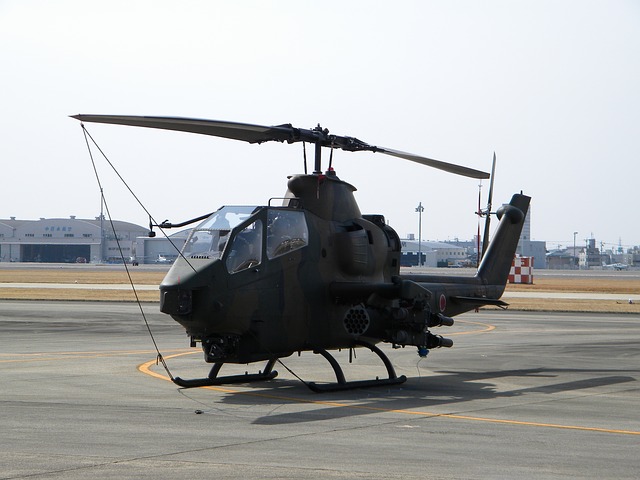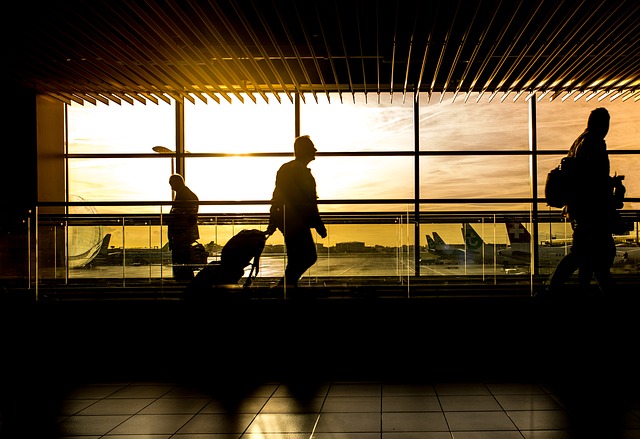Self-Flying Planes And The Future Of Air Travel
With the increase in the induction of artificial intelligence and automation in many industries, it doesn’t come as a surprise when other industries join leagues. With the introduction of self-driving cars, people have been wondering what vehicles can next be automated completely. More complex the machinery more excited the masses get and more skeptical they are.

The aviation industry ticks all the boxes. Future of air travel seems to be one of the significant ones to follow a more automated direction. It has one of the complex machinery and is also one of the most efficient and modern traveling options out there. So, naturally, the aviation industry is pushing to device autonomous passenger planes in reality. Many questions arise, like is the automated flights for short trips or long trips. How long can a plane fly with an actual pilot going over things and the million-dollar question – how safe is it?
Many people are also worried that self-flying planes would mean jobs being cut down on a large. A reduction is cockpit crew members is sure to happen. The number has already reduced in the past few years because a lot has been automated already. To begin with, reports have stated that one of the pilots would be removed soon and the cockpits would be designed to host a single pilot. While the reduction is made from two pilots to one, a remote pilot will be added so that the planes can be handled in emergencies. Now, this remote pilot can handle many planes at once, and eventually, the cutbacks will lead to removing the other pilot as well, making the plane truly pilotless.
Over the past few decades, we have seen a significant cutback in the cockpit crew – they have gone from 5 in the 1950s to 2 in today’s time. It won’t be far-fetched to see that number dropping to zero. The five cockpit crew members included two pilots, a flight engineer, a radio operator, and a navigator. Then, in the 1960s with new technologies on the rise, there was no need for every plane to have a radio operator and navigator on board, it could be done remotely. Then, the 1990s saw the cutback on flight engineers, leaving just two pilots to fly the plane and soon we will see it reduced to one and eventually we will have no human presence in the cockpit.

Apart from making the planes more efficient, one of the other motives is financial. Most upgrades are eventually based around saving money. It is suggested that by transitioning to self-flying aircraft, the aviation industry can possibly save around $35 billion a year. This big of a change in the financial flow is motivation enough for more airlines to adapt to this mode to save themselves some big bucks while also providing the best and latest to their customers.
From the fliers point of view, the only thing most people will be concerned about is safety. Majority of the people will trust a person over a machine. The same report that stated the financial difference conducted a survey that showed that only one person out of six feels safe to board a fully automatic plane. While we know that most of the work in the cockpit is already automated as we discussed earlier, the general public doesn’t know that. For them, the pilots still control everything, so a switch from pilots to pilotless is huge while for people who have some knowledge about the workings of a plane will feel more comfortable about the switch.
Commercial aviation is considered one of the safest modes of transportation. Technicians suggest that having pilotless planes will reduce the already low number of airline accidents. From the cases where a plane has crashed, a pilot error has been the cause in many. Pilotless flights will make the number drop even lower.
Automation is not going to go away. Whether we like it or not, it is the future, and it has become more prevalent in recent years, and the aviation industry is no exception. The smaller private aircraft will go pilotless before the larger ones, simply because of the cost and time it takes to manufacture them. The future of air travel is going to be more automated and that everyone agrees whether they like it or not.
Related Posts
-
 Horse Racing is Still Relevant After all These Years
No Comments | Feb 24, 2018
Horse Racing is Still Relevant After all These Years
No Comments | Feb 24, 2018 -
 Cheltenham Festive Guide for Total Newbies
No Comments | Mar 10, 2020
Cheltenham Festive Guide for Total Newbies
No Comments | Mar 10, 2020 -
 When NOT to Trust Google
No Comments | May 28, 2017
When NOT to Trust Google
No Comments | May 28, 2017 -
 How to Make Moonshine at Home
No Comments | Nov 18, 2013
How to Make Moonshine at Home
No Comments | Nov 18, 2013
